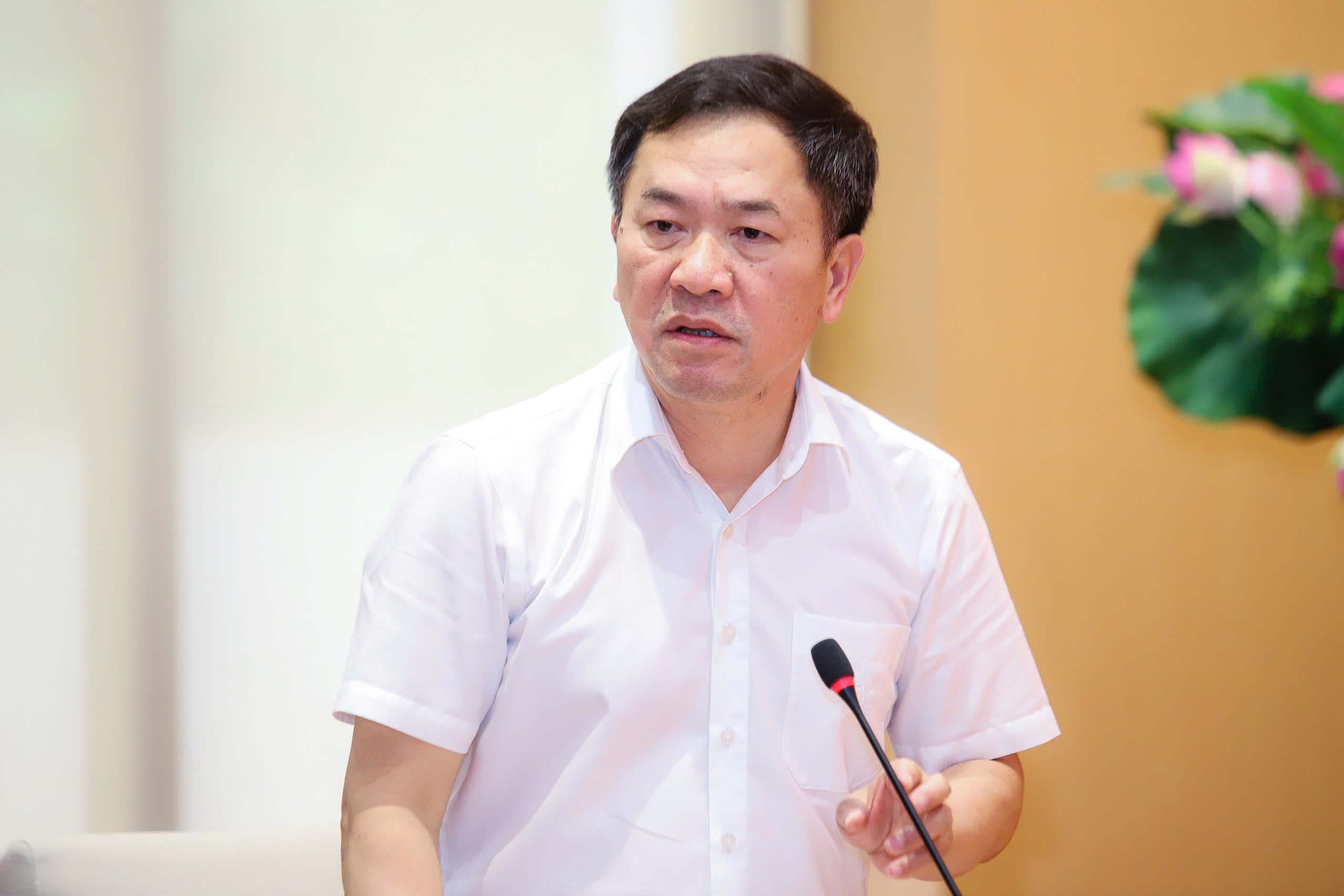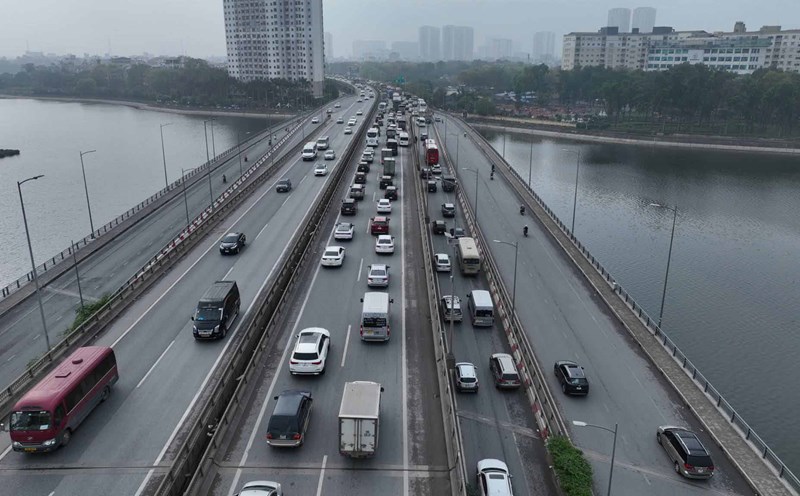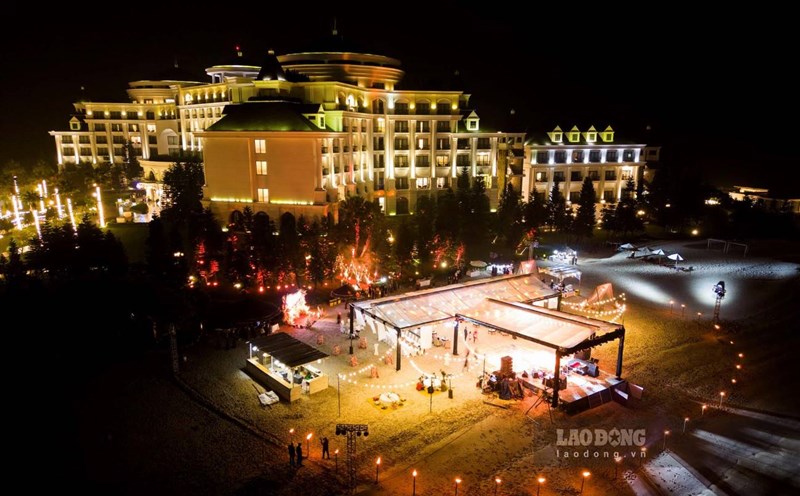On July 4, the Standing Committee of the Hanoi People's Council held an information conference on the regular mid-year meeting of 2025 (the 25th session).
At the conference, Mr. Dam Van Huan - Head of the Urban Committee of the Hanoi People's Council said that at this session, the City People's Council has not considered the resolution on "Highway land use fee for vehicles traveling on highways in Hanoi city managed by the city".
"The City People's Committee has prepared these contents, but it will take time to review. We recommend that city agencies continue to prepare to report to the City People's Council in the following sessions" - Mr. Huan said.
According to the Head of the Urban Committee of the Hanoi People's Council, this is an important content, affecting the entire life of the people of the capital, so there must be steps to create consensus as well as feasibility when implementing.

Previously, on June 10, Hanoi City began collecting public opinions on the draft Resolution on highway tolls for vehicles traveling on expressways owned by the entire people managed by the city.
According to the draft, routes can collect tolls to meet the following conditions: Designed, invested in construction according to standards, technical standards on expressways and other relevant technical standards and regulations; handed over to Hanoi City for management, operation and have a project to exploit assets approved by the city.
The highway fee is determined based on the actual distance the vehicle is traveling, the fee corresponding to each type of vehicle ( equal to/km).
Specific fee levels are as follows (units VND/km) according to Decree 130/2024.
The fee and fee-bearing subjects and fees are implemented according to Decree No. 130/2024 on collecting highway tolls for vehicles traveling on expressways owned by the entire people and directly managed and exploited by the State.
Decree 130 stipulates that 5 groups of vehicles must pay highway tolls, divided into two levels. In which level 1 applies to completed expressways that meet standards; level 2 applies to expressways that do not meet standards such as no rest stops, service routes, and emergency lanes. Drivers of cars running on state-invested highways will have to pay a fee, the lowest is 900 VND, the highest is 5,200 VND per km.
The time of fee collection is determined by the city "when meeting the prescribed conditions and completing the selection of a road toll payment service provider and a collection operation unit".
The draft does not specifically state the route to collect tolls, however, according to the Department of Construction, there are currently two expressways in the area managed by Hanoi City, namely the elevated Ring Road 3 (more than 29 km) and Thang Long Avenue (28 km).
The city assigned the Department of Construction to determine the routes and sections of the expressway in the area to ensure the conditions for fee collection. From there, the Department proposes and reports on the selection of toll collection management agencies, payment service providers, operating units, and expressway tolls collection rights franchises.











